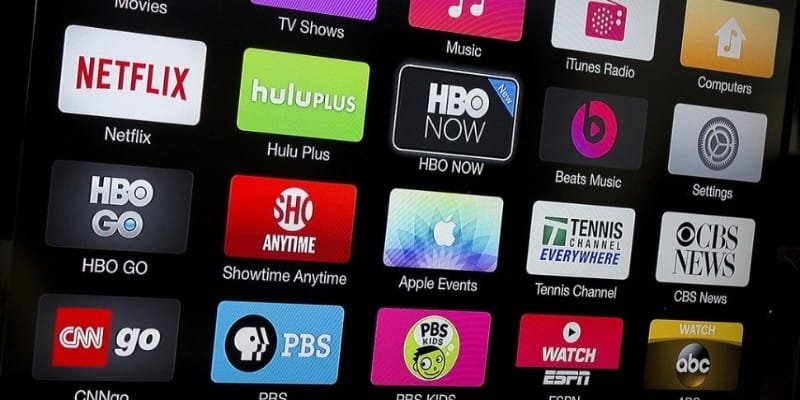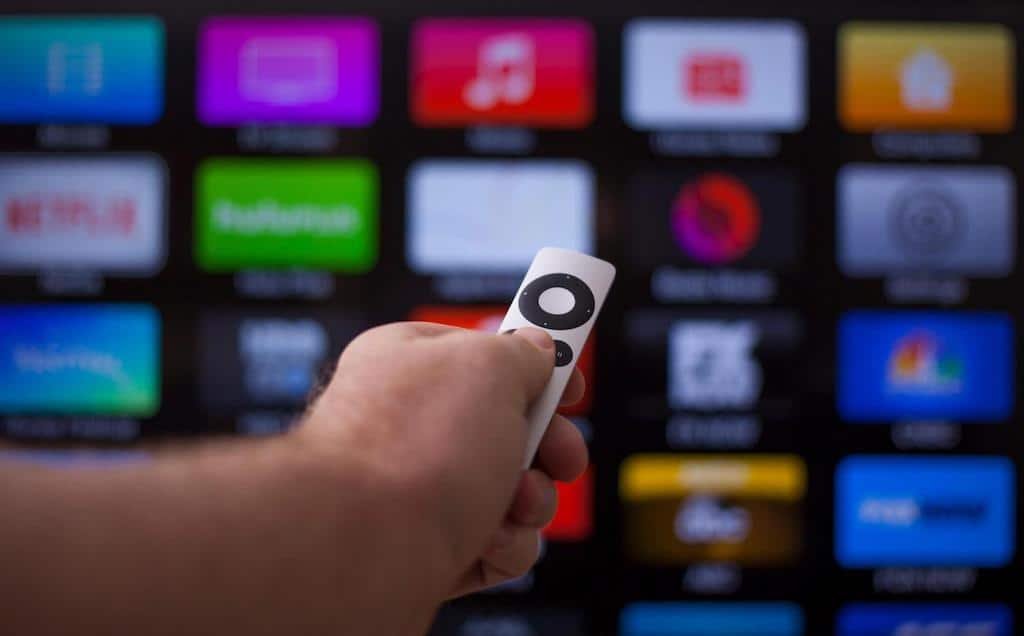How Africans watch movies has undergone a dramatic transformation in recent years, largely due to the rapid rise of streaming platforms. With the widespread adoption of mobile technology and the increasing availability of affordable internet access across the continent, streaming has become the preferred method for many Africans to consume movies and TV shows. This shift has not only provided greater access to a diverse range of films but has also had a profound impact on the African movie industry, including the globally recognised Nigerian film industry, known as Nollywood.
Streaming platforms such as Netflix, Showmax, and Prime Video have made it easier for African audiences to enjoy a wide variety of content from the comfort of their homes. These platforms offer an extensive library of African movies, international blockbusters, and original series, making high-quality entertainment more accessible than ever before. At the same time, local streaming services like iROKOtv and Africa Magic have emerged, catering specifically to the tastes and preferences of African viewers by offering a rich selection of Nollywood films and other regional content.
As more Africans gain access to smartphones and affordable data plans, the consumption of streaming content continues to grow, revolutionising the way people engage with movies. This evolution is reshaping the entertainment landscape in Africa, challenging traditional cinema experiences and opening up new opportunities for filmmakers to reach broader audiences. The rise of streaming is not only changing how Africans watch movies but also how African stories are told and shared with the world.
The Evolution of the African Movie Industry
African cinema has a rich and diverse history, dating back to the late 19th century. The first film screening in Africa took place in Egypt in 1896, just a year after the Lumière brothers introduced the world to cinema in Paris. However, it was not until the 1950s and 1960s that African cinema began to emerge as a significant cultural force, with filmmakers using the medium to tell stories that resonate with African audiences.
Pioneers like Ousmane Sembène of Senegal, often referred to as the “father of African cinema,” were instrumental in shaping the industry. Sembène’s first film, Borom Sarret (1963), is widely considered the first African film and set the stage for a new wave of filmmaking on the continent. Other notable filmmakers, such as Souleymane Cissé from Mali, Djibril Diop Mambéty from Senegal, and Haile Gerima from Ethiopia, followed in Sembène’s footsteps, using their work to challenge stereotypes and explore complex themes related to identity, politics, and social issues.
Despite these achievements, the African movie industry has faced numerous challenges, including limited funding, distribution difficulties, and stiff competition from Hollywood and other international film industries. Nevertheless, African filmmakers continue to create compelling and impactful works that highlight the continent’s rich cultural heritage. Nollywood, in particular, has become one of the largest film industries globally, producing thousands of films each year that are beloved by audiences both within Africa and around the world.
The Rise of Streaming Platforms in Africa

The growth of streaming platforms has revolutionised how Africans watch movies. One of the key drivers behind this shift has been the widespread adoption of mobile technology. As smartphones become more affordable and internet access expands, more Africans are turning to streaming platforms to watch movies and TV shows.
Streaming platforms like Netflix, Showmax, and Prime Video have established a strong presence in Africa, offering a wide range of content, including African movies, international blockbusters, and original series. These platforms have made it easier for African audiences to access high-quality content without the need for traditional cinema experiences. Moreover, the introduction of local streaming platforms, such as iROKOtv and Africa Magic, has further expanded access to Nollywood films and other African content, catering specifically to the tastes and preferences of African viewers.
The availability of affordable data bundles from mobile network operators has also played a crucial role in the growth of streaming. Many operators offer special data plans designed for streaming, making it more affordable for Africans to access their favourite movies and shows on the go. This has been particularly important in regions where traditional cinema infrastructure is limited or nonexistent.
Impact on the African Movie Industry
The rise of streaming platforms has had a profound impact on the African movie industry. For one, it has provided filmmakers with new opportunities for distribution and revenue generation. Movies that might have struggled to find an audience in traditional cinemas can now reach millions of viewers through streaming platforms. This has led to a surge in the production of high-quality African films, with filmmakers increasingly using streaming as a primary distribution channel.
Moreover, the global reach of platforms like Netflix and Prime Video has helped to elevate African cinema on the international stage. Films like Lionheart (2018), Timbuktu (2014), and The Boy Who Harnessed the Wind (2019) have gained international acclaim, introducing global audiences to the richness and diversity of African storytelling.
However, the growth of streaming has also raised questions about the future of traditional cinema in Africa. While streaming offers convenience and accessibility, it also poses a challenge to the sustainability of cinemas, particularly in regions where the infrastructure for movie theatres is still developing. In Nigeria, for example, the cinema industry generated ₦6.94 billion in 2022 and ₦7.2 billion in 2023, but this represents only a fraction of the potential market. The rise of streaming may further reduce the demand for traditional cinema experiences, particularly among younger audiences who are more likely to embrace digital platforms.
The Future of Streaming and Cinema in Africa

The future of how Africans watch movies is likely to be shaped by the continued growth of streaming platforms. As more Africans gain access to the internet and mobile devices, and as streaming technology continues to improve, the consumption of movies through digital platforms is expected to rise. This trend will likely lead to further innovations in how African films are produced, distributed, and consumed.
Nevertheless, traditional cinema will continue to play an important role in the African movie industry, particularly in countries with well-established film industries like Nigeria and South Africa. Cinemas offer a communal experience that streaming cannot replicate, and they remain a vital part of the cultural fabric of many African communities.
In conclusion, the evolution of streaming in Africa has fundamentally changed the way Africans watch movies. By providing greater access to a diverse range of content, streaming platforms have expanded the reach of African cinema and created new opportunities for filmmakers. As the industry continues to evolve, both streaming and traditional cinema will play a crucial role in shaping the future of the African movie industry.














